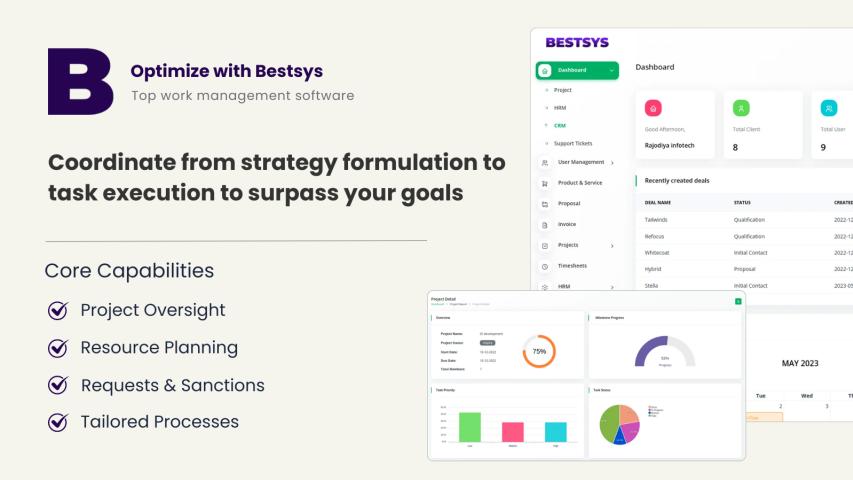Running a small startup comes with its own set of challenges and opportunities. Implementing the right strategies can make a significant difference in your company's success. This article explores essential best practices that can help startups thrive, from building a strong team culture to leveraging technology for efficiency. Whether you're just starting out or looking to refine your business approach, these tips will provide valuable insights for your startup journey.
One of the first steps in running a successful startup is establishing a clear vision and mission. Your vision defines where you want your company to be in the future, while your mission outlines the purpose and values that guide your operations. Communicating these elements effectively to your team ensures everyone is aligned and working toward the same goals. A well-defined vision and mission serve as a roadmap, helping you make informed decisions and inspiring your team to contribute meaningfully to the company's growth.
Listening to customer feedback is vital for startups looking to refine their products or services. Engaging with customers through surveys, reviews, and direct interactions provides valuable insights into their needs and preferences. Use this feedback to make data-driven improvements and adapt to changing market demands. A customer-centric approach not only helps you deliver better solutions but also builds trust and loyalty among your audience.
Building a strong team culture is crucial for any startup's success. Hiring individuals who share your company's values and vision helps create a cohesive and motivated team. Foster an environment that encourages collaboration, open communication, and mutual respect. Regular team-building activities and transparent leadership practices can enhance morale and productivity. When employees feel valued and connected to the company's goals, they are more likely to contribute to its success.

Leveraging technology and automation is essential for startups aiming to streamline operations and increase productivity. Invest in tools that support your business processes, such as project management software, customer relationship management (CRM) systems, and marketing automation platforms. By automating repetitive tasks, you can free up time and resources to focus on strategic initiatives that drive growth and innovation.
Effective financial management is a cornerstone of any successful startup. Maintain a detailed budget and regularly track your expenses to ensure you stay within your financial limits. Planning for financial growth and potential challenges is crucial for sustainability. Consider working with a financial advisor or using financial software to manage your accounts and forecasts. By keeping a close eye on your finances, you can make informed decisions and avoid common pitfalls that many startups face.
Networking and collaboration are powerful strategies for startups looking to expand their reach and gain industry insights. Build relationships with other businesses, industry experts, and potential partners by attending industry events, joining startup communities, and participating in online forums. Collaborating with others can lead to new opportunities, shared resources, and valuable knowledge exchange. By actively engaging with your network, you position your startup for growth and innovation.
Running a small startup requires dedication, strategic planning, and a willingness to adapt. By implementing these best practices, startups can navigate challenges more effectively and position themselves for long-term success. From building a strong team culture to leveraging technology and focusing on customer feedback, these strategies provide a solid foundation for growth. Embrace these practices and watch your startup thrive in today's competitive business landscape.


















